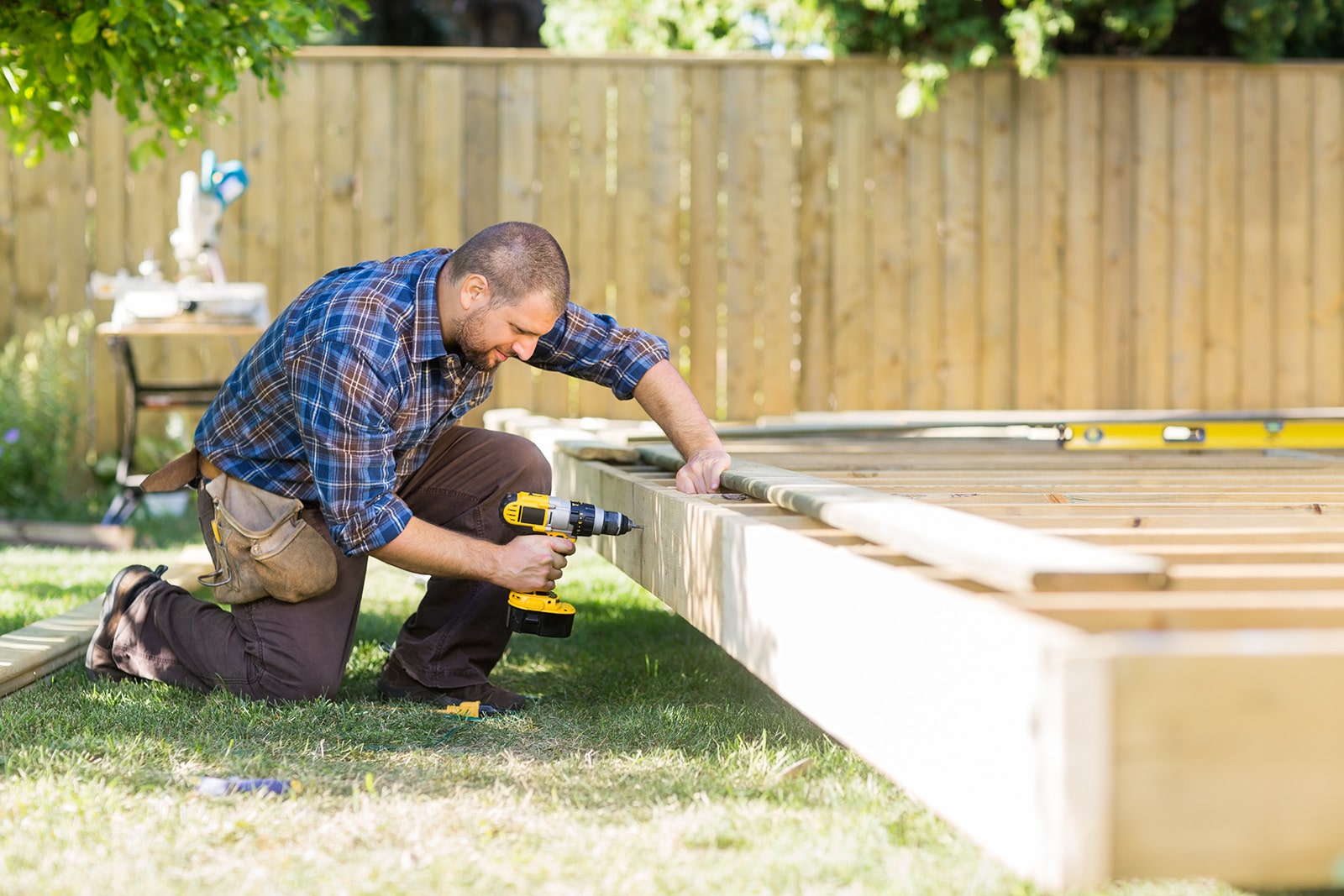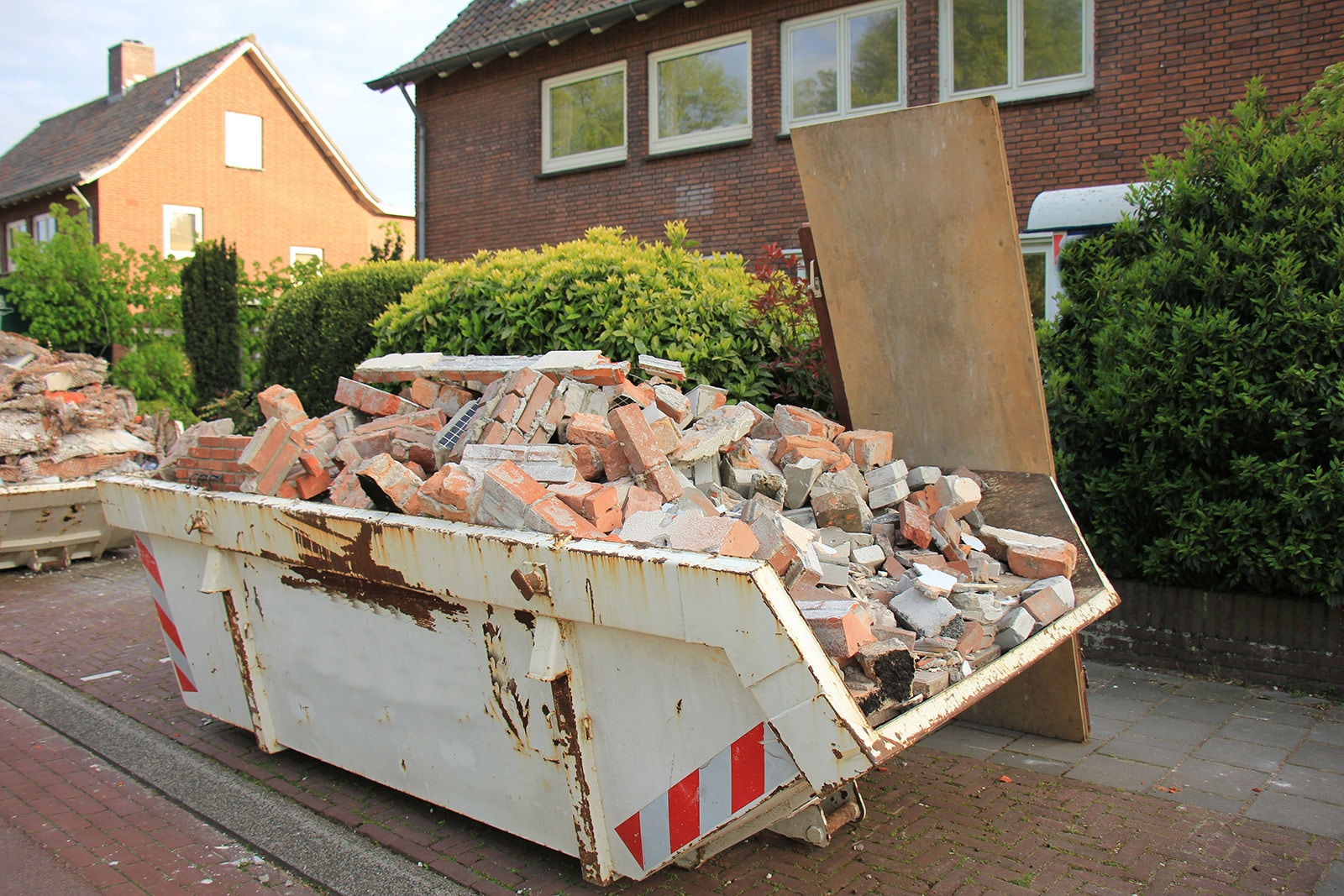Undergoing home renovation projects can be a costly process, both to the environment and our wallets. For any eco-conscious homeowner, limiting any emissions, waste, and pollution will be an essential part of the planning process. Fortunately, whether you’re undertaking a small-scale project, or a more comprehensive home makeover. There are so many different ways you can consider the planet to mitigate the impacts of your construction or decoration project.
Before starting any renovation, there are several practical things you need to consider to ensure you’re limiting your project’s carbon footprint. Here are three things to bear in mind when trying to keep it green.
Time of year

As a general rule of thumb, it’s better to plan renovation projects to be carried out in the summer. Firstly, this will hopefully limit any disruption from inclement weather conditions, which could otherwise make it a more time-consuming process. Also, additional daylight hours in the summer months means contractors will be less reliant on artificial lighting. Which will help to reduce the carbon footprint of the project.
Inside your home, any construction or decoration work will typically mean that it’s transformed into a wind tunnel. Doors will constantly be opened and closed, and windows often left open. If the work takes place in the summer months, this wouldn’t be a huge problem. This is because there isn’t a great need to keep warmth trapped inside the home. Whereas in the winter time, more energy is required to heat our homes as external temperatures drop. Leaving doors and windows open at this time of year will mean that more heat is escaping. Meaning that you’ll need to spend more money and consume more energy to keep warm.
Use recycled materials

Another way to make your renovation kinder to the environment is by using recycled materials. There are so many different opportunities to utilise existing materials throughout any home renovation. For instance, second-hand furniture or reclaimed flooring can provide a contemporary finish, whilst also doing good for the planet. Substituting out raw materials for recycled ones reduces emissions produced during the extraction process, whilst also saving natural resources. Additionally, recycling materials can save money on your project, making it a win-win.
Reduce waste

The waste produced by construction and demolition projects accounts for more than a third of the total waste generated by the EU. Particularly for large-scale projects, refuse can quickly build up. It’s important to consider how you’ll responsibly dispose of it, to best limit the impact it’s having on the environment. One top tip is to try and make fewer trips to the dump to limit the emissions of your journeys.
In the same way that you can use recycled materials in the project, this is also a great opportunity to re-home some of your own belongings. Particularly if you’re revamping your interior, clear out any rooms that are being worked on, and sift through any belongings that you no longer need. Decluttering will make it easier for work to be carried out. And, if you dispose of your things responsibly, it can be another way of helping the environment during the renovation.